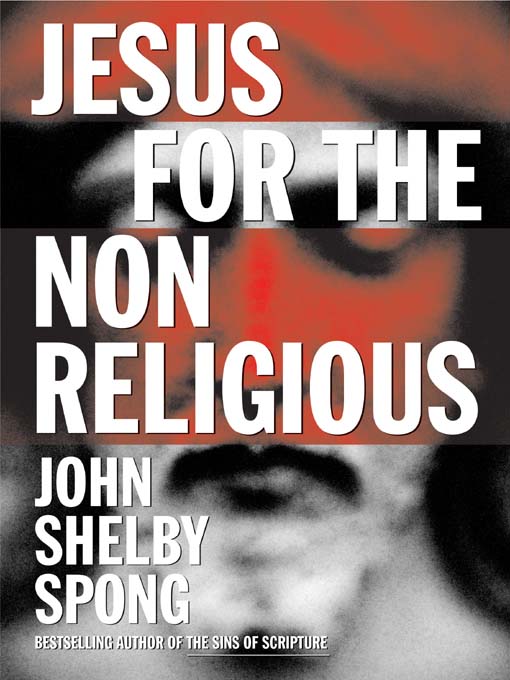
Jesus for the Non-Religious
کتاب های مرتبط
- اطلاعات
- نقد و بررسی
- دیدگاه کاربران
نقد و بررسی

January 15, 2007
Spong, the iconoclastic former Episcopal bishop of Newark, details in this impassioned work both his "deep commitment to Jesus of Nazareth" and his "deep alienation from the traditional symbols" that surround Jesus. For Spong, scholarship on the Bible and a modern scientific worldview demonstrate that traditional teachings like the Trinity and prayer for divine intervention must be debunked as the mythological trappings of a primitive worldview. These are so much "religion," which was devised by our evolutionary forebears to head off existential anxiety in the face of death. What's left? The power of the "Christ experience," in which Jesus transcends tribal notions of the deity and reaches out to all people. Spong says Jesus had such great "energy" and "integrity" about him that his followers inflated to the point of describing him as a deity masquerading in human form; however, we can still get at the historical origin of these myths by returning to Jesus' humanity, especially his Jewishness. Spong so often suggests the backwardness and insecurity of those who disagree with him that his rhetoric borders on the fundamentalist. His own historical and theological reconstructions would be more palatable if he seemed more aware that he too is engaged in mythmaking.

April 1, 2007
Spong, retired Episcopal Bishop of Newark, NJ, is a prolific interpreter of liberal religion and author of "The Sins of Scripture" and "Rescuing the Bible from Fundamentalism". In this book's short, nontechnical chapters, he clears away supernatural elements in the gospel presentations of Jesus, stating that such elements are not plausible to the modern mind. The gospel accounts are liturgical dramas rather than historical memories of Jesus. Nevertheless, they do point the way to a "Jesus beyond scripture, beyond creeds, beyond doctrines, beyond dogmas and even beyond religion itself. Only there will our gaze turn toward the mystery of God, the mystery of life, the mystery of love and the mystery of being." It is hard to imagine, though, why a Jesus who overturned prejudices and stereotypes and embodied love would be compelling for readers not already disposed to him by prior religious training. Nonetheless, for the many who seek to salvage some vestige of a rejected religious heritage, Spong's writing continues to strike a chord, blazing a trail based on neither premodern supernaturalism nor spiritless secularism. Recommended for all libraries.Steve Young, McHenry Cty. Coll., Crystal Lake, IL
Copyright 2007 Library Journal, LLC Used with permission.

























دیدگاه کاربران